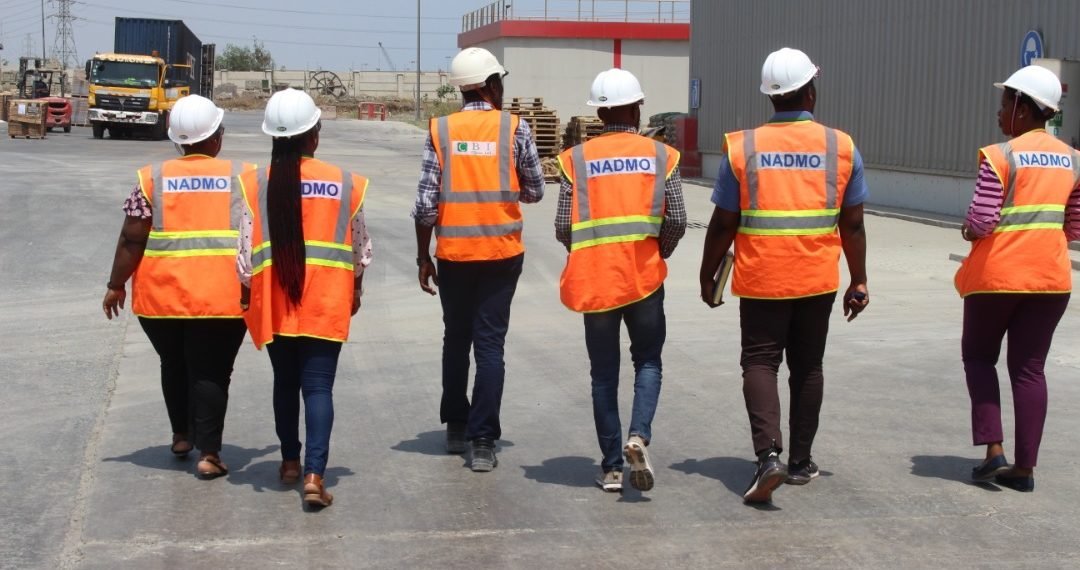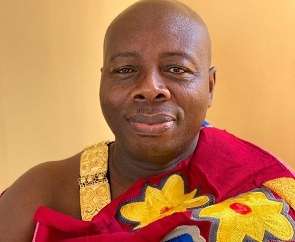The Volta Regional Director of the National Disaster Management Organisation (NaDMO), Divine Bosson, has said that, one of the key agendas of the organization is climate change adaptation.
Addressing a press conference in Ho in the Volta region, as part of activities to commemorate this years International Day for Disaster Risk Reduction, Mr. Bosson said his outfit had planted over 1,000 trees across the Region as a preventive protocol against disaster in the country.
He explained that, as the world continues to battle with the issue of climate change, NaDMO on its part was undertaking many activities, including tree planting aimed at increasing climate resilience and decreasing vulnerability to natural and built environments.
He then revealed that, the Organisation also carried out some sensitisation exercise in some major institutions including banks, telecommunications organizations, markets, driver unions and private organisations on the concept of Disaster Risk Reduction (DRR) and its approaches, and urged them to play their part for the region to be disaster-free.
Mr. Bosson further laid emphasis on the need for stakeholders, including the media, public servants, civil society organisations, traditional and religious authorities to collaborate effectively in managing and reducing disaster and climate-related risks.

He further said that, with the appropriate use of meteorological, hydrological and climate information as part of a comprehensive multi-sector, multi-hazard, multi-level approach, more could be achieved in mitigating and managing disaster risks in communities.
He underscored the importance of the celebration of the Day, as it would serve as an opportunity to appreciate the gains being made across the globe in reducing disaster risk and its impacts on lives, livelihoods and health as stipulated in the Sendai Framework for DRR, from 2015 to 2030.
Mr Bosson posited that, disaster risk reduction required much investment to save lives “not just after the disaster occurs, but even as it strikes,” and therefore called for more support from government and benevolent organisations.
He said it was imperative to have first responders who would be well trained to help assess and identify disaster survivors who were trapped or injured and structures and installations that malfunction after a disaster struck for a quick and timely response.
Volta Regional Minister, Dr Archibald Yao Letsa, also speaking called on the public to guard the country’s vegetation cover and avoid indiscriminate felling of trees and plant more trees to serve as windbreaks to protect the country against heavy storms.
He implored the public to avoid throwing rubbish into gutters and to desilt choked drains to avoid flooding, whenever there was a downpour.
The nation, over the weeks has been experiencing torrential rains across majority of the regions and most of the aftermath of these rains is nothing to write home about. The northern region had its fair share which has resulted in majority of the indigenes being deployed from their homes and also having to deal with loss of properties including their farms which has been washed away by the floods.
Accra over the weekend, also saw an unpleasant aftermath of the heavy down pour, which led to several road blockades and flooding in most areas.





















